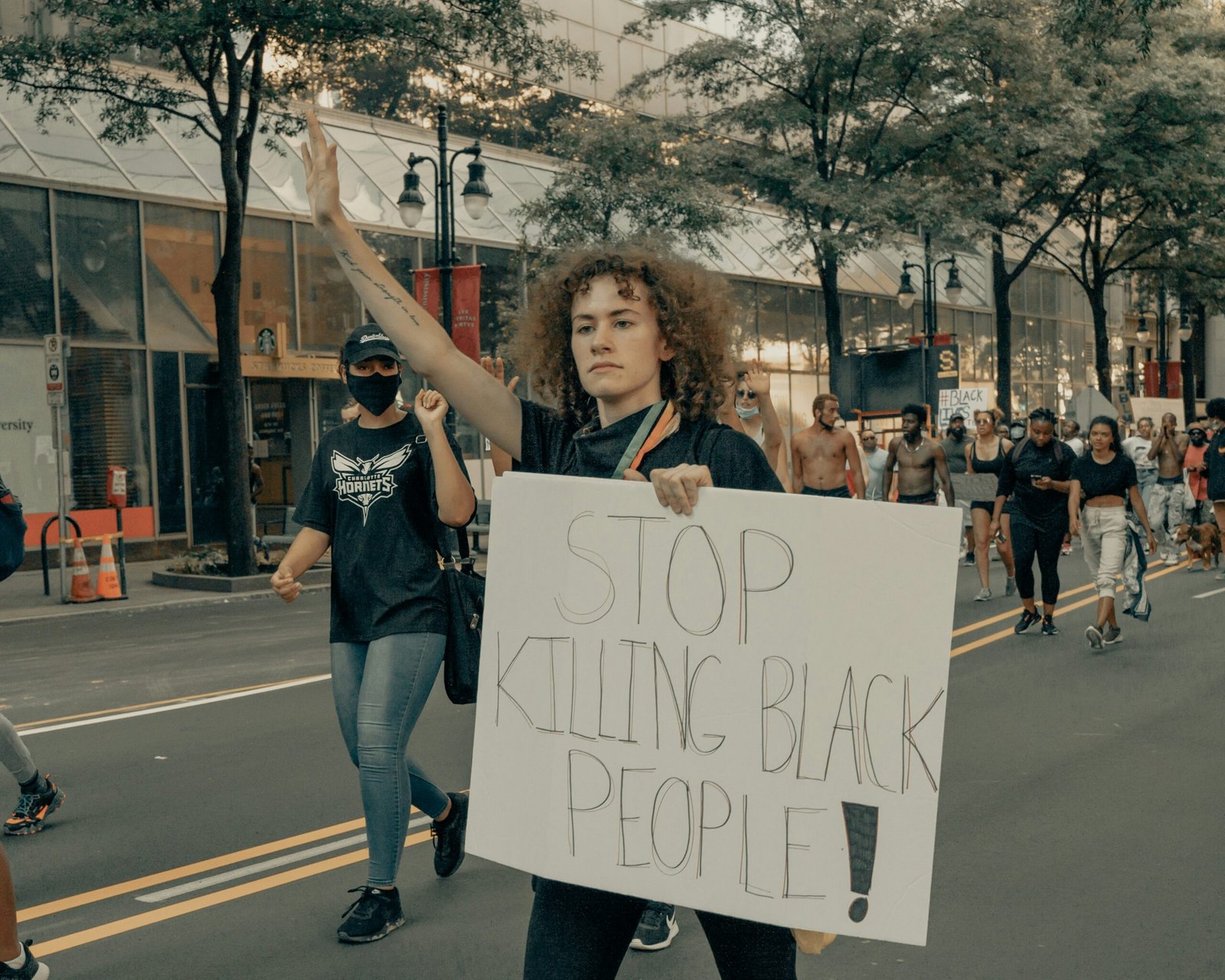Mass shooting continue to plague communities across the United States, leaving behind a trail of devastation and trauma. These horrific events raise critical questions about gun control, mental health, and the root causes of violence. In this article, we will explore the recent trends, the psychological impact on survivors and communities, and the ongoing debate surrounding gun policy.
Understanding Mass Shootings
A mass shooting is typically defined as an incident where multiple people are killed or injured by a firearm. While there is no universally agreed-upon definition, the term often refers to events that involve a large number of casualties in a public place.
Recent Trends:
Frequency: The frequency of mass shootings in the United States has been a subject of concern in recent years. While the exact number can vary depending on the definition used, it is clear that these events occur with alarming regularity.
Location: Mass shootings can happen anywhere, from schools and places of worship to workplaces and public gatherings. The unpredictability of these events adds to the fear and anxiety they generate.
Motivations: The motivations behind mass shootings are complex and often difficult to understand. Some perpetrators may be driven by mental health issues, while others may be motivated by ideology or a desire for notoriety.
The Psychological Impact
Mass shootings have a profound psychological impact on survivors, their families, and the broader community. The trauma experienced by those who witness or are directly affected by these events can have long-lasting consequences.
Post-Traumatic Stress Disorder (PTSD): Many survivors of mass shootings develop PTSD, characterized by symptoms such as flashbacks, nightmares, hypervigilance, and avoidance of triggers.
Grief and Loss: The loss of loved ones and the destruction of a sense of safety can lead to intense grief and mourning.
Community Trauma: Mass shootings can also have a significant impact on entire communities. The sense of fear and vulnerability can disrupt the social fabric and erode trust in institutions.
The Gun Control Debate
The issue of gun control is a highly contentious one in the United States, and mass shooting have reignited the debate. Proponents of stricter gun control measures argue that these laws can help reduce the frequency and severity of mass shootings. Opponents of gun control often cite the Second Amendment and the right to self-defense as reasons for opposing stricter regulations.
Assault Weapons: One of the most debated topics is the availability of assault weapons, which are often used in mass shootings. Proponents of stricter gun control argue that banning these weapons can make it more difficult for individuals with malicious intent to obtain firearms.
Background Checks: Another area of focus is background checks. Advocates for stricter background checks argue that these measures can help prevent individuals with a history of violence or mental illness from obtaining firearms.
Red Flag Laws: Red flag laws allow for the temporary removal of firearms from individuals who pose a significant risk to themselves or others. These laws have been implemented in some states, but their effectiveness is still being debated.
Prevention and Response
Preventing mass shooting is a complex challenge that requires a multifaceted approach. Some strategies that have been proposed include:
Mental Health Support: Investing in mental health services can help identify and address individuals who may be at risk of violence.
Threat Assessment: Implementing threat assessment programs can help schools and workplaces identify potential threats and take appropriate action.
Gun Safety Education: Promoting gun safety education can help prevent accidental shootings and reduce the risk of firearms falling into the wrong hands.
Emergency Response: Improving emergency response capabilities can help minimize the impact of mass shootings and ensure that victims receive timely medical care.
Social Media and the Spread of Misinformation
Social media platforms have played a significant role in the dissemination of information and misinformation related to mass shootings. In the aftermath of these events, social media can be a source of both support and distress. While platforms can be used to share information and raise awareness, they can also be a breeding ground for conspiracy theories and harmful stereotypes.
The Spread of Misinformation: The rapid nature of social media can contribute to the spread of misinformation. False or misleading information can be shared widely before it can be debunked.
Conspiracy Theories: Some individuals may turn to conspiracy theories to make sense of traumatic events. These theories can be harmful and perpetuate stereotypes.
Media Coverage and Public Perception
Media coverage of mass shootings can also have a significant impact on public perception. The way these events are portrayed in the media can shape how people understand and respond to them.
Sensationalism: Some media outlets may sensationalize mass shootings, focusing on graphic details and creating a sense of fear and anxiety. This can contribute to a climate of fear and misinformation.
The Impact on Mental Health: Excessive media coverage of mass shootings can be harmful to the mental health of individuals who have experienced these events or are concerned about their safety.
The Importance of Community Support
In the aftermath of a mass shooting, communities come together to support survivors, families, and those affected by the tragedy. Community support can play a vital role in helping individuals cope with the trauma and rebuild their lives.
Grief Counseling: Providing access to grief counseling can help individuals process their emotions and develop healthy coping mechanisms.
Community Gatherings: Organizing community gatherings can provide a sense of belonging and support for those affected by the tragedy.
Fundraising Efforts: Fundraising efforts can help raise money to support survivors and their families.
In conclusion, mass shooting continue to be a devastating problem in the United States. While there is no easy solution, addressing the underlying causes of violence and implementing effective prevention strategies is essential. By working together, we can strive to create a safer and more compassionate society.
To read more, click here.

Leave a Reply